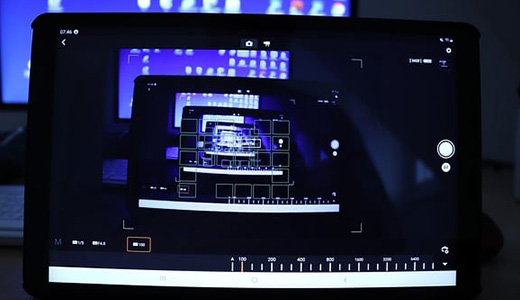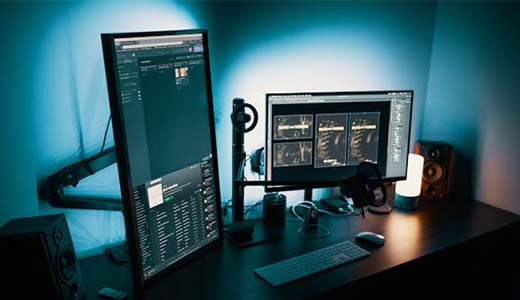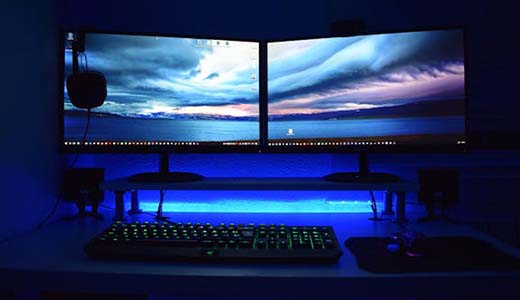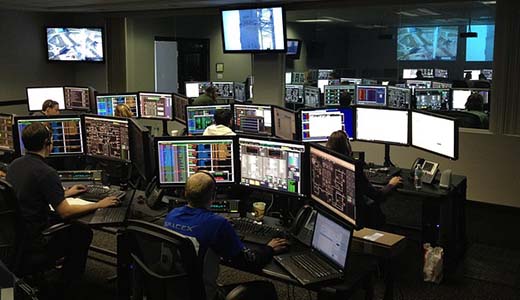What is top 10 remote patient monitoring companies?
As of October 2023, the top 10 remote patient monitoring companies include:
- Philips
- Medtronic
- BioTelemetry (now part of Philips)
- Teladoc Health
- health-data
- Oura Health
- Cardiogram
- AliveCor
- Withings
- iHealth
These companies lead in innovative technologies to monitor patient health remotely, enhancing care and improving outcomes.
Applications of top 10 remote patient monitoring companies?
Top remote patient monitoring companies focus on chronic disease management, post-operative care, and preventive health monitoring. Their applications include continuous health data tracking (e.g., vital signs), medication adherence reminders, real-time alerts for healthcare providers, telehealth consultations, and patient engagement tools. These technologies enhance patient outcomes, reduce hospital readmissions, streamline chronic disease management, and facilitate personalized treatment plans. Additional uses extend to mental health monitoring and wellness programs, improving overall healthcare accessibility and efficiency.
Different types of top 10 remote patient monitoring companies?
- Philips Healthcare - Offers advanced remote monitoring solutions integrated with analytics.
- Medtronic - Focuses on chronic disease management with connected devices.
- Biotricity - Provides cardiac monitoring via innovative telehealth solutions.
- Livongo - Specializes in diabetes management and chronic condition monitoring.
- Health Loop - Uses patient engagement tools to enhance monitoring.
- Apple Health - Integrates health data for personalized monitoring.
- VitalConnect - Offers wearable biosensors for real-time patient monitoring.
- Teladoc Health - Provides remote consultations and health tracking services.
- Care Innovations - Focuses on senior care monitoring technologies.
- Cardiogram - Uses AI to monitor heart health via wearables.
Technology used for top 10 remote patient monitoring companies?
Top remote patient monitoring companies utilize various technologies, including wearable devices (like smartwatches and fitness trackers), mobile health apps, telemedicine platforms, and cloud-based data analytics. They often integrate Internet of Things (IoT) devices for real-time health tracking, artificial intelligence for predictive analytics, and secure communication tools for patient-provider interactions. Data is typically collected and analyzed through centralized platforms to provide actionable insights, enhance patient engagement, and support chronic disease management. Examples of technologies include Bluetooth, Wi-Fi, and secure APIs for interoperability.






